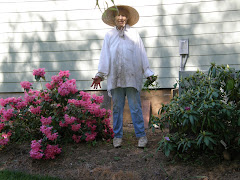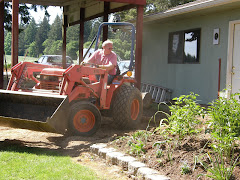Recently, I heard something said about the things we say. Are they appropriate? Here are the three guidelines I was given:
1. Is what you are about to say True? If it is not true or if you aren't absolutely sure it is true, Don't say it! Are you embellishing or dramatizing the facts to make it seem more interesting or colorful? If you are, Don't say it!
2. Is what you are about to say Kind? If your words are hurtful, or if they cause another to feel uncomfortable with what you are saying, Don't say it!
3. Is what you are about to say Necessary? Does it truly add to the conversation. If it does not add to the situation, Don't say it! If you are telling something only to bring attention to yourself, or, at the expense of someone else, Don't say it! If you are talking just to talk, Don't say it! Are you saying something to truly help the situation, or are you saying it to make yourself feel better? Are you saying something because you think you will look more important to someone else because of your knowledge or ability? If you are, don't say it! Are you sharing something with someone else that is not your's to share? If you are, don't say it!
These are good guidelines to live by. So many times we want to have the last word. Instead of listening to what others around us have to say, we are waiting to jump in with our "two cents." We have all been around the person who doesn't really listen to others, but is only interested in what they have to say. In contrast, we have also been around those who listen and are more interested in other's thoughts and feelings. They make us feel important and worthwhile because they are more interested in others instead of themselves. We are drawn to those people because they have the ability to help us feel better about ourselves. Most of us need to check ourselves and make sure we are following these guidelines. Most likely, if we do, we will find that we have better relationships with family, friends, business assoiciates and others.
Mushroom and Cheese Stuffed Acorn Squash
9 years ago
































